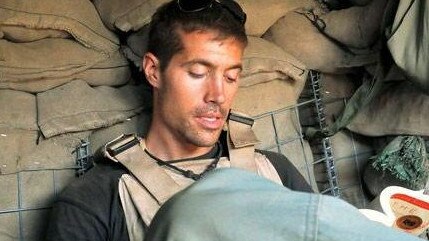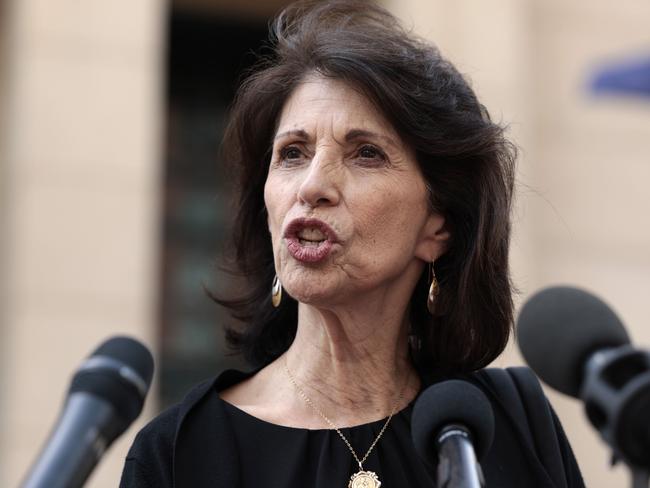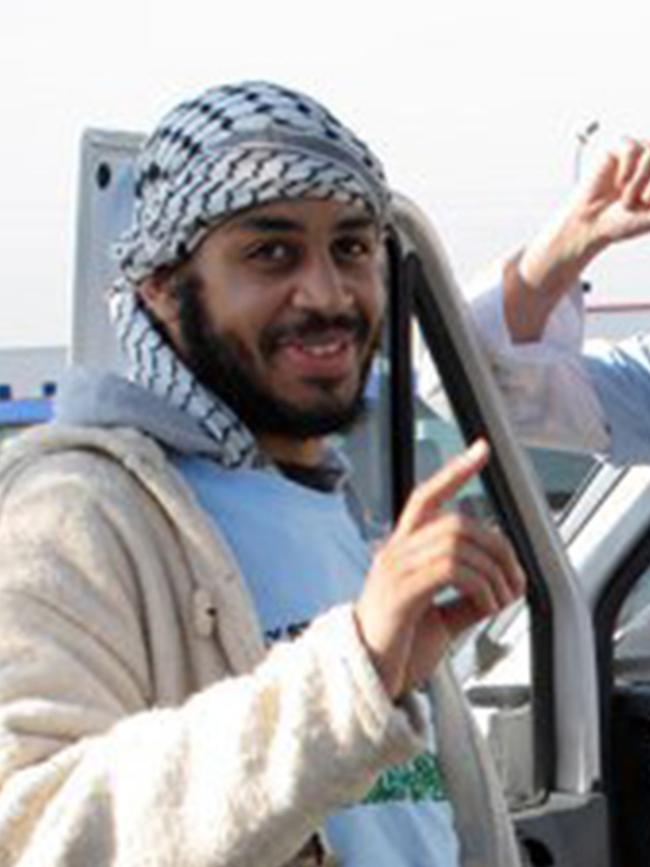James Foley’s mother confronts his killer to explain the man her son was
Diane Foley’s son James was beheaded by the jihadist ‘Beatles’ in Syria. She explains why she felt compelled to look one of them in the eye.

How would it feel to sit before the man responsible for the murder of your son? The one who took his freedom, crushed his spirit and then took his life, circulating the evidence as part of a grotesque PR stunt? What would you say to him if you had the chance? And could you find it in you to forgive?
Diane Foley is one of the few people who knows the answers. Three times since last October she has sat down in an anonymous US Department of Justice conference room in Virginia, for conversations with Alexanda Kotey, the Londoner who was one of the four members of the ISIS cell – nicknamed the Beatles – responsible for the capture, torture and murder of her journalist son, James Foley, in Syria in 2014.
“I felt nervous,” the 73-year-old said. “I felt that it was something Jim would have wanted me to do, he would not have wanted us to be afraid of him, and I wanted him to better understand who Jim was.”

Foley was the first Western hostage to be beheaded by the terrorist group, having been captured two years earlier as he reported on the war in Syria. British-born Kotey was captured trying to flee to Turkey in 2018 and eventually brought back to face American justice. Now 38, Kotey agreed to meet the families of his victims as part of a plea deal.
British authorities agreed to his extradition to the US in 2019 on condition he would not face the death penalty. In April he was given eight life sentences after admitting abduction and torture. His lawyers are hopeful he may avoid being sent to Colorado’s “Supermax” prison and would like him to be transferred to a British prison after 15 years. Diane Foley knew Kotey might have offered to meet her as a way to further that hope, but wanted to see him anyway. She went with a family friend.
Her main preparation was prayer, she said. Foley is a committed Catholic, as was her son, who according to other hostages relied on his faith to get through his time in captivity. “I talked to my God. My faith is my rock,” she said. There were practical things she wanted to ask Kotey: the family still do not know what happened to Jim’s body. But above all she prayed she would be able to be merciful and reasonable. “I wanted to see him as a person and to look for opportunities to tell him who Jim was,” Foley said.

“I didn’t know what to expect. I spent the time praying and talking with my friend,” she says. The first meeting was awkward. The small room was filled with people. Kotey’s state-funded legal team was present alongside prosecutors and a couple of FBI agents.
“There was quite an audience but they soon melted into the background,” Foley says. She sat opposite Kotey, with her friend beside her. She found Kotey to be engaged and eloquent from the start. He has always denied being involved in the beheadings, and puts the blame for that on Mohammed Emwazi, (the ISIS Beatle known as Jihadi John). He was also eager to justify himself. “I think that is a very human instinct,” Foley said.
They did not see their victims as people. “For him, these people embodied the sins of our nation, if you will. A lot of it came back to anger about how we, as a nation, conducted ourselves after 9/11 with enhanced interrogation techniques and Guantanamo.”
Foley’s challenge was to try to push back against that. “What I really wanted to show was the tragic irony, that what the jihadists had so much hatred for, what were essentially representations of our country, when these representations were people with deep compassion, aid workers and journalists who were there because they wanted to show the world the suffering ... going on.”
The first meeting lasted almost an hour but she left it feeling she had not achieved what she hoped. The second was far more satisfactory. They talked for almost two hours. “We were both more relaxed,” she said. Kotey “expressed quite a bit of remorse, certainly for the ordeal that we’ve gone through”. She believes he meant it sincerely.
Of the four key players in the notorious ISIS cell, Kotey is the only one to have shown remorse.
Astonishingly, Foley said she was able to feel pity for the man who tortured her son. He showed her pictures of his three children, whom he will never see again. “He was a young man who really thought about things, about life and what is right or wrong. Then he made that horrible choice,” she said. “I do feel sorry for him. He has lost everything.” Does she think he regrets it? “Oh yes,” she said.
Foley admits it has taken a long time for her to be able to consider such a conversation. Jim was the eldest of her five children. Handsome and laid back, he dabbled in teaching before studying for a masters in journalism. He had been taken hostage once before, during the Libyan uprising against Colonel Muammar Gaddafi in 2011. In Syria the stakes were higher still.
ISIS had demanded almost $150m for Foley’s release. The US and British governments refused to negotiate. “I was appalled and really very, very disappointed by the way we were treated by our government, and the fact that it was no one’s job to bring them home,” Diane Foley said.
Though she considers her second meeting with Kotey to have been a useful and constructive one, their subsequent interactions have been less positive. Kotey wrote her two letters after they met. The first contained more remorse and more justification. The second was much shorter. “He thanked us for coming to the meeting, for being respectful, and he said he was sorry.”
On the advice of her friend, Foley suggested a final meeting last month. “It was more awkward. I think he was almost enjoying it too much … I was glad when it was over.”
“The tragic irony of it all,” she said “ … that they had so much hatred for these people who were people of compassion and courage.
“I am very proud of Jim.”
The Sunday Times



To join the conversation, please log in. Don't have an account? Register
Join the conversation, you are commenting as Logout